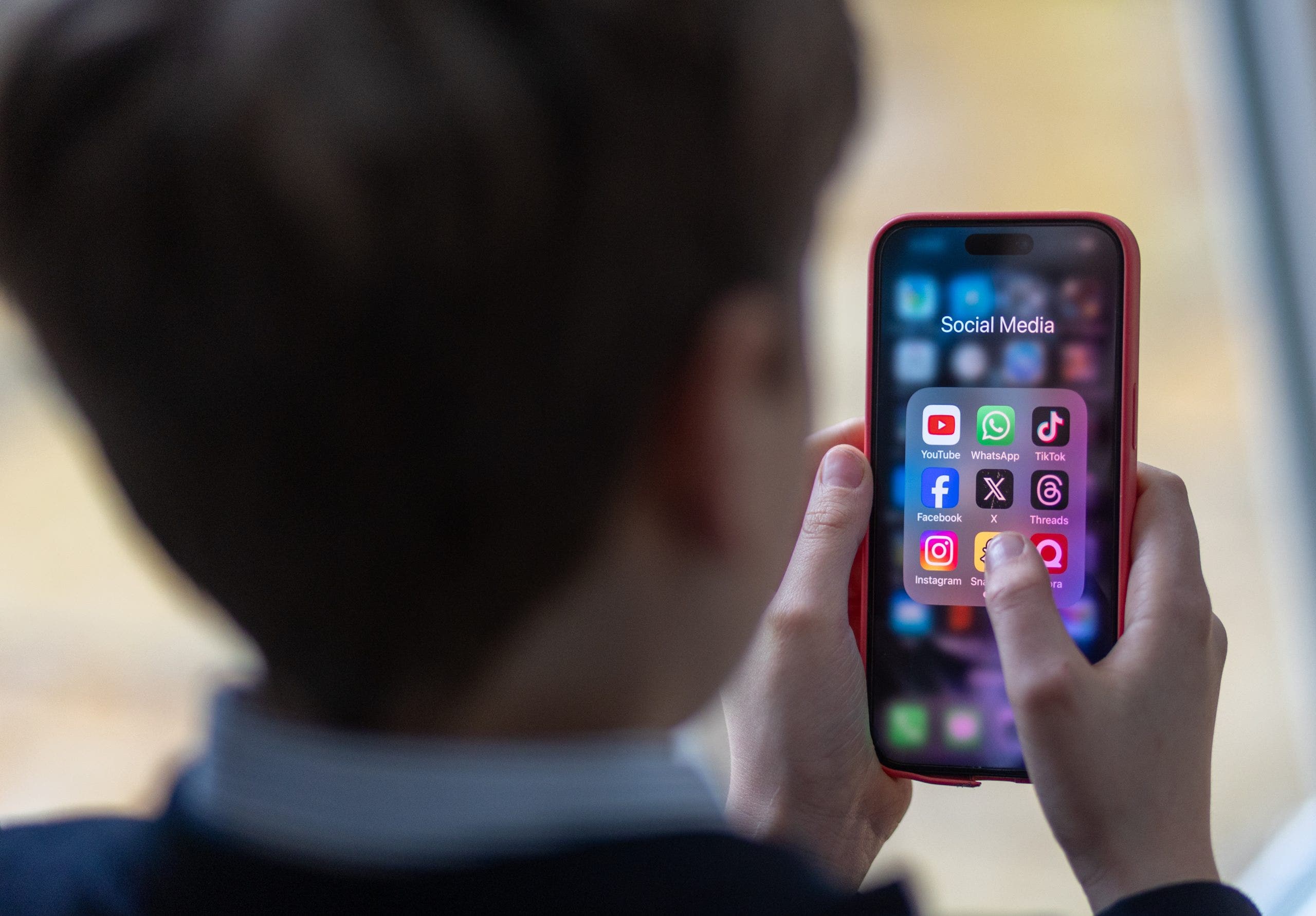Social media expert shares 'alarming' concerns over Wait Until 8th pledge: 'Not to be taken so lightly'

🌈 Abstract
The article discusses the debate around when to give children smartphones and social media access, with a focus on the risks of introducing these technologies in 8th grade.
🙋 Q&A
[01] Risks of Introducing Smartphones in 8th Grade
1. What are the key concerns raised about giving children smartphones in 8th grade?
- The brain development of 8th graders is mismatched, with the emotional center developing before the reasoning center, leading to higher risk-taking.
- 8th graders start searching for more provocative content related to mental health issues, which the algorithms then amplify, exposing them to harmful content.
- 14-18 year olds are at a peak in sexual interest and more prone to addictive behaviors.
- Suicide rates and attempts are alarmingly high among 9th and 10th grade students.
- 90% of adult addictions start in adolescence, so the teenage brain is highly susceptible.
2. Why does the expert, Melanie Hempe, reject the "Wait Until 8th" pledge? Hempe argues that 8th grade is actually the gateway to a season where kids are most at risk, and that smartphones should be delayed until at least 18 years old to protect their mental health and development.
[02] Alternatives to "Wait Until 8th"
1. What is the "Wait Until 8th" pledge and how does it respond to Hempe's criticism? The "Wait Until 8th" pledge encourages communities to delay giving children smartphones until at least the end of 8th grade. The founder, Brooke Shannon, says the pledge is a goal post to rally communities, and families can choose to wait even longer if they wish.
2. What does Hempe recommend as the solution to the youth mental health crisis? Hempe argues the solution is to delay introducing smartphones through high school, saying "we need to put a one in front of that eight and make it 18" to give kids a healthy teenage experience and protect them from the trauma and risks.